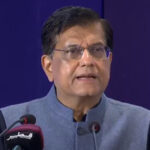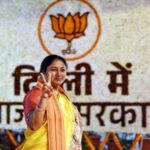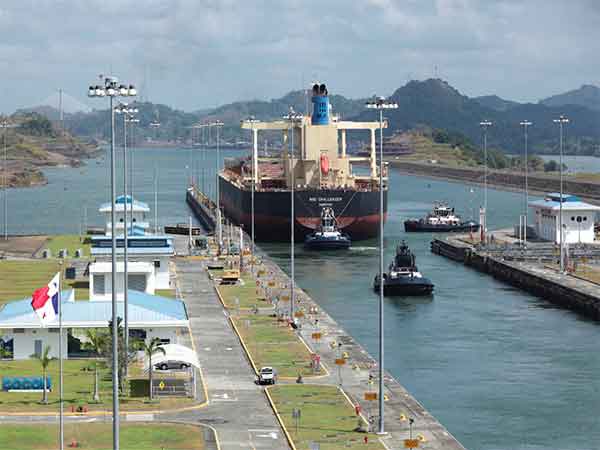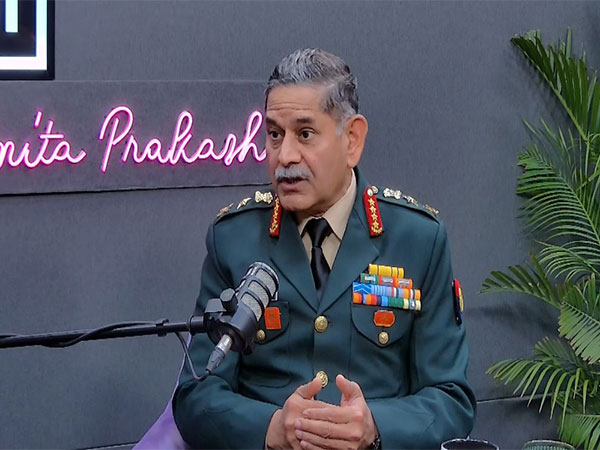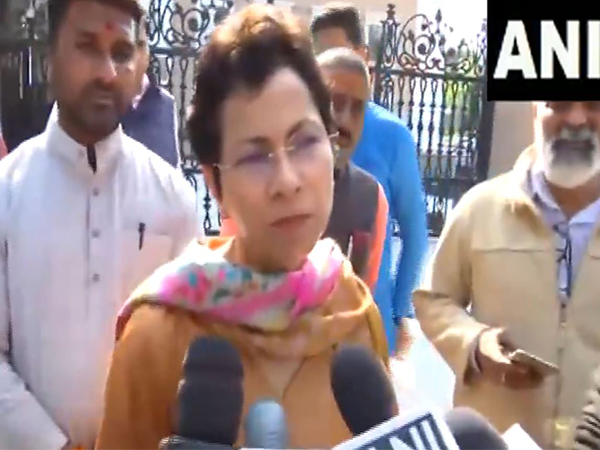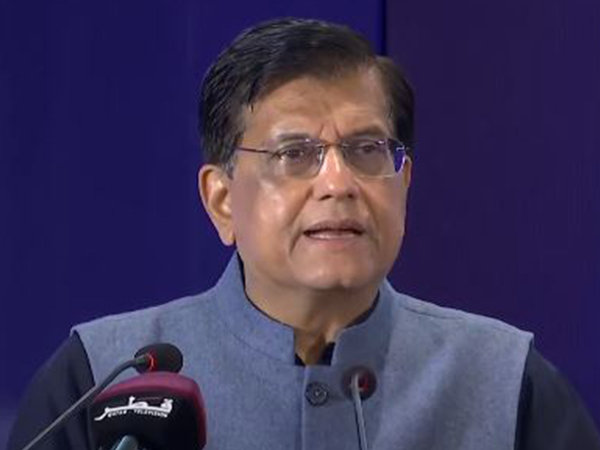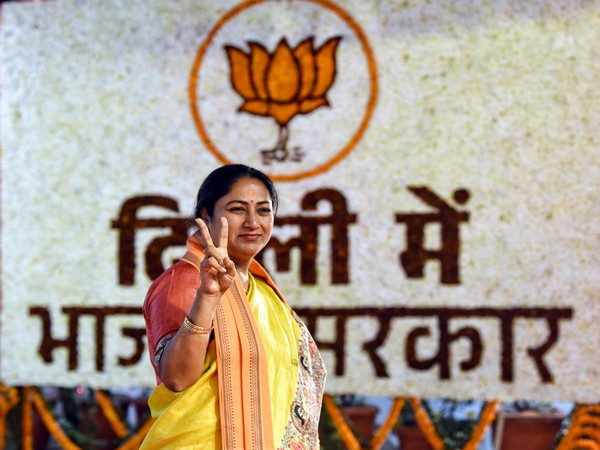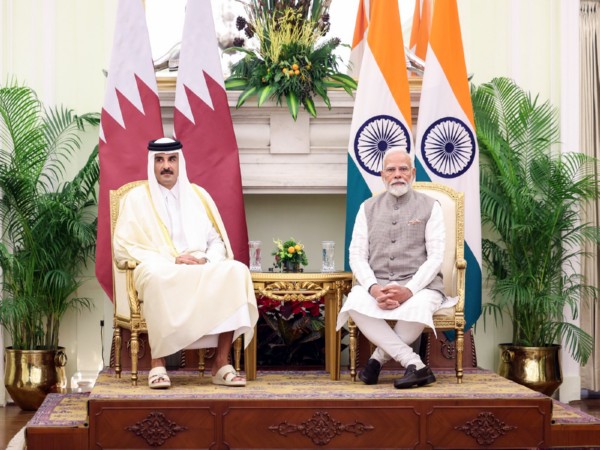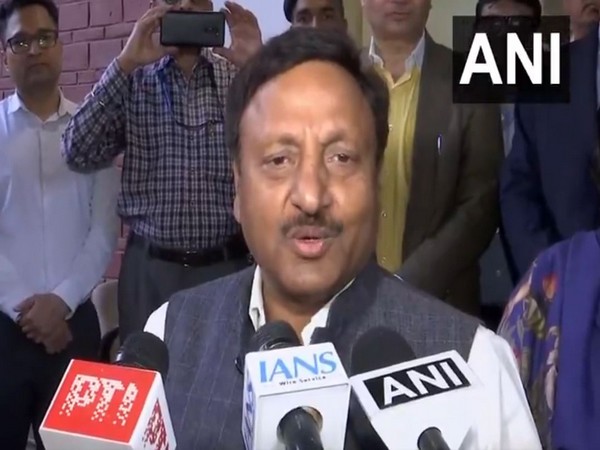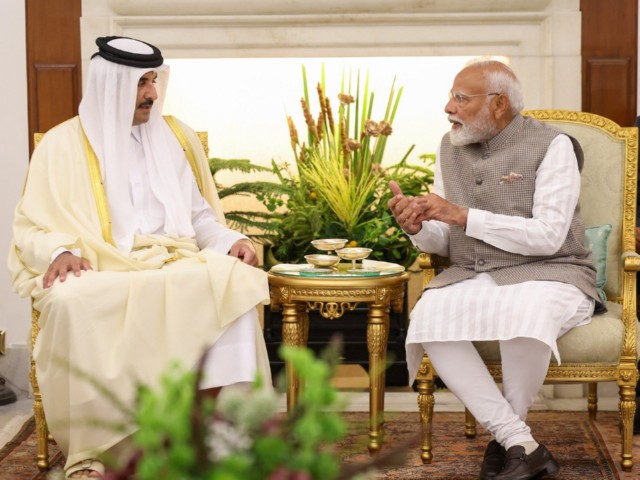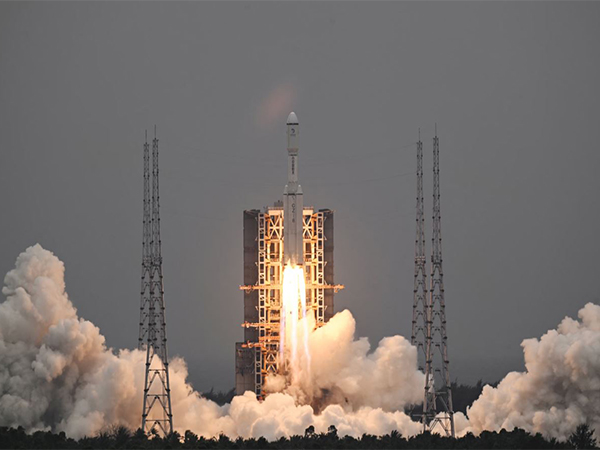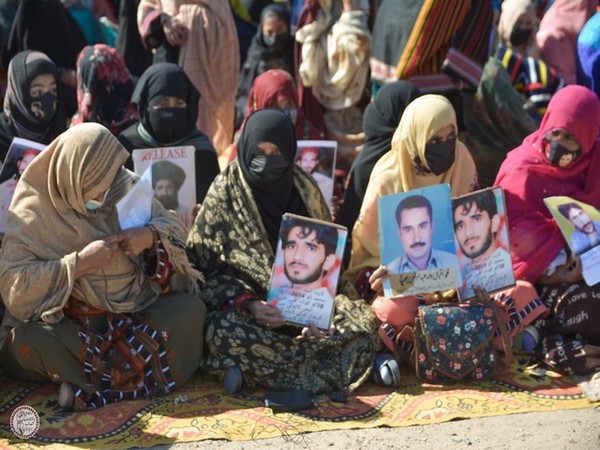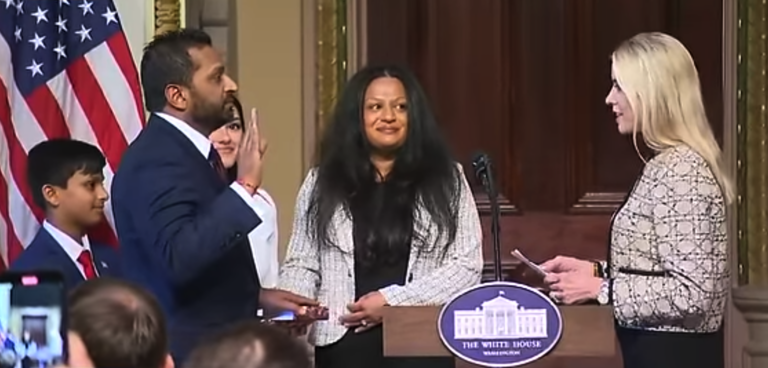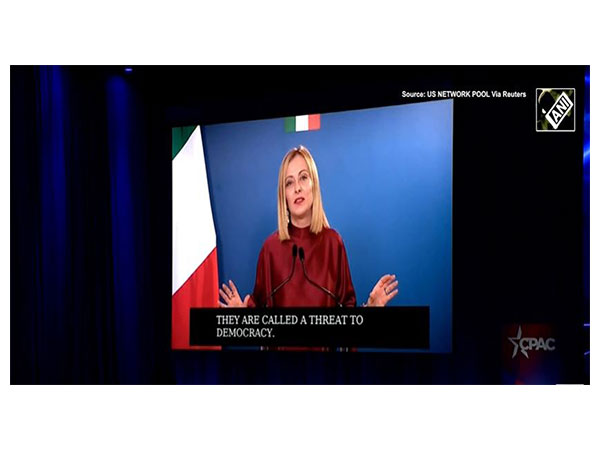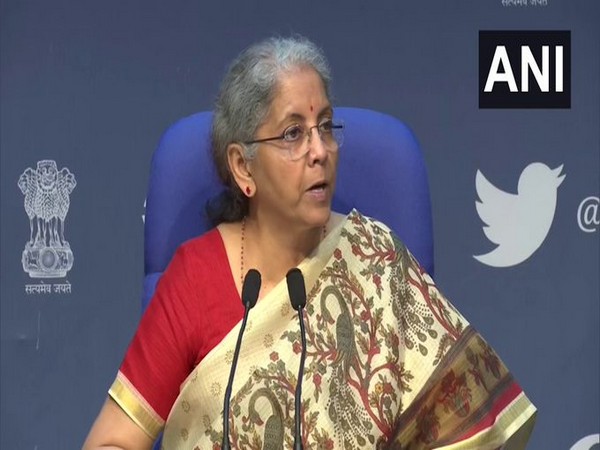
New Delhi [India], May 9 (ANI): Responding to West Bengal Chief Minister Mamata Banerjee‘s letter to Prime Minister Narendra Modi seeking exemption from duties and taxes on some COVID-related items, Union Finance Minister Nirmala Sitharaman on Sunday said the items on the Chief Minister’s list were already covered in the exemption given to COVID relief by the government of India.
Taking to Twitter, Sitharaman said a list of items for COVID relief was granted exemption from Integrated Goods and Services Tax (IGST) for imports issued on May 3. “These were given exemption from Customs Duty/health cess even earlier. CM Mamata Banerjee may notice that items in your list are covered,” the Union Minister said.
“Full exemption from Customs duties, including IGST, is already available to ALL COVID relief material (not confined to a list) imported by Indian Red Cross Society for free distribution in the country,” she added.
She further informed that with effect from May 3 full exemption from all duties has been provided to Remdesivir injections, Remdesivir API, and for a chemical for the manufacture of this drug.
“Also to Medical Oxygen, equipment used for the manufacture, storage and transportation of oxygen, equipment used for providing oxygen therapy to COVID patients such as Oxygen Concentrators, Ventilators, Non-invasive oxygen masks etc. Also to Inflammatory diagnostic kits and reagents for COVID testing and COVID vaccines,” Sitharaman said.
“This exemption applies to all above-mentioned goods when imported free of cost for free distribution in the country by any entity, state government, relief agency or autonomous body on the basis of a certificate issued by a state government,” she added.
The Finance Minister said that in order to augment the availability of the listed items, the Centre has also provided full exemption from basic customs duty and health cess to their commercial imports.
“Goods and Services Tax (GST) at rates varying from 5 per cent (on vaccines), 12 per cent (COVID drugs, oxygen concentrators) is applicable to domestic supplies and commercial import of these items. If IGST Rs 100 is collected on an item, Rs 50 accrues to the Centre and the States each as CGST and SGST respectively. Further 41 per cent of the CGST revenue is devolved to States. So out of a collection of Rs 100, as much as Rs 70.50 is the states’ share,” she explained.
She said if full exemption from GST were given, the domestic producers of these items would be unable to offset taxes paid on their inputs and input services and would pass these on to the end consumers by increasing their price.
Sitharaman further said that COVID vaccines are being provided free of cost by the Centre to those who are 45 years of age and above and to all frontline workers, and on government supplies, GST is also paid by the government.
“From the GST collected on the vaccine, half is earned by the Centre and the other half by the states. Further, 41 per cent of the Centre’s collections also get devolved to the states. So States end up receiving almost 70 per cent of the total revenue collected from vaccines. In fact, a nominal 5 per cent GST is in the interest of the domestic manufacturer of vaccine and in the interest of the citizens,” the Minister explained.
She added that if full exemption from GST is given, vaccine manufacturers would not be able to offset their input taxes and would pass them on to the end consumer/citizen by increasing the price.
“A 5 per cent GST rate ensures that the manufacturer is able to utilise ITC and in case of overflow of ITC, claim refund. Hence exemption to vaccine from GST would be counterproductive without benefiting the consumer,” she said.
Earlier today, West Bengal Chief Minister Mamata Banerjee had urged Prime Minister Narendra Modi to exempt COVID-related life-saving drugs and equipment from GST and customs duty to eliminate any supply constraints amid the second wave of coronavirus. (ANI)




